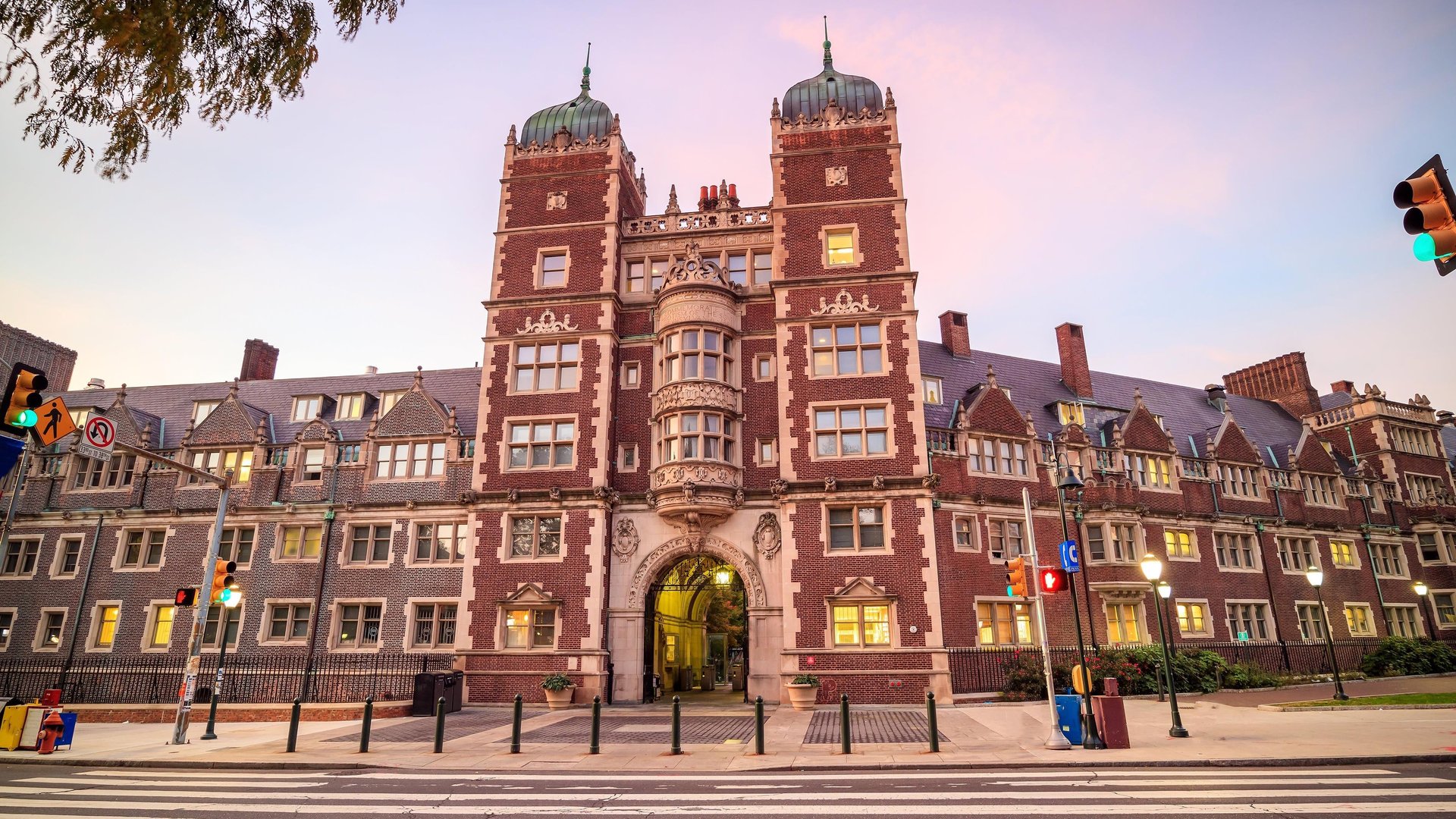An Ivy League school just announced its first AI degree
It's a sign of the times. At the same time, AI talent is scarce

At the University of Pennsylvania, undergraduate students in its school of engineering will soon be able to study for a bachelor of science degree in artificial intelligence.
Suggested Reading
What can one do with an AI degree? The University of Pennsylvania says students will be able to apply the skills they learn in school to build responsible AI tools, develop materials for emerging chips and hardware, and create AI-driven breakthroughs in healthcare through new antibiotics, among other things.
Generative AI technology, which is essentially algorithms that can create new content, is transforming every aspect of life, producing an “urgent need” for AI engineers who understand the principles of AI and how to apply them in a responsible and ethical way, the school noted in a press release.
The undergraduate program offers coursework in topics including machine learning, computing algorithms, data analytics, and advanced robotics. Electives in “AI Ethics” and “Trustworthy AI” are also on the slate.
The rapid development of AI has raised plenty of concerns about how the technology is deployed, including the lack of transparency in developing large language models, the private and personal data used in building AI tools, and the known bias problems in algorithmic decision-making. The program, it seems, plans to take them head-on.
The AI degree gives a window into signs of a changing labor market
The reality is also that AI is changing the labor market, and future generations of students will be entering a job market of new opportunities.
“We are training students for jobs that don’t yet exist in fields that may be completely new or revolutionized by the time they graduate,” said Robert Ghrist, associate dean of undergraduate education at Penn Engineering, in a statement.
At the same time, AI talent is scarce. Workers with AI skills command high salaries: OpenAI engineers, for instance, reportedly make upwards of $800,000.
The University of Pennsylvania’s AI undergraduate program will begin this fall. It’s also not the only US college to have an AI program for undergrads. Carnegie Mellon and Purdue University also offer bachelor’s degrees in artificial intelligence.